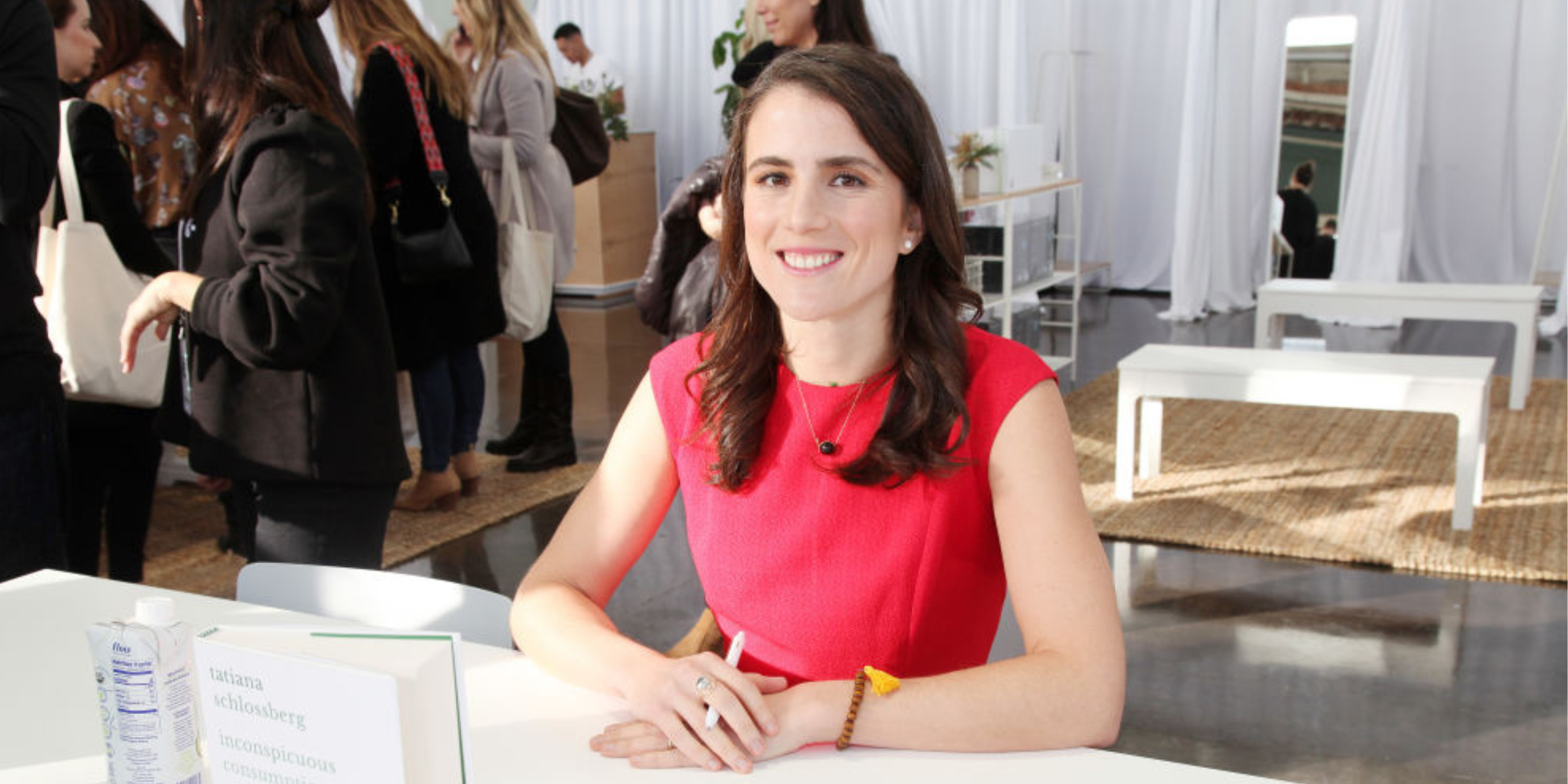
JFK's Granddaughter, Tatiana Schlossberg, Reveals Terminal Diagnosis at 35
A 35-year-old mother and granddaughter of President John F. Kennedy expected only joy on the day she welcomed her second child — unaware that doctors would soon uncover something far more serious.
Advertisement
On November 22, 2025, Tatiana Schlossberg revealed that she received a terminal diagnosis just hours after giving birth in May 2024. The environmental journalist and author shared the news in a deeply personal essay for The New Yorker.
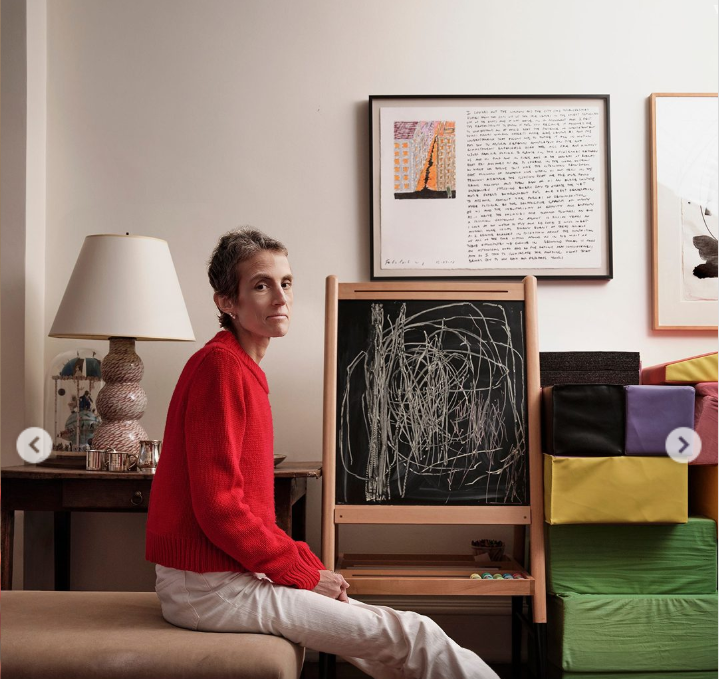
Tatiana Schlossberg as seen in a post dated November 22, 2025. | Source: Instagram/newyorkermag
At the time, her medical team estimated the time ahead may be far shorter than she once imagined. She and her husband, George Moran, share two young children — a toddler son and a baby daughter — making the weight of her diagnosis all the more harrowing.
"I was actually one of the healthiest people I knew," Schlossberg wrote. A lifelong athlete, she had swum a mile the day before giving birth that year. But a routine blood test taken hours after delivery revealed a dangerously high white blood cell count.
Advertisement
Further tests confirmed it was acute myeloid leukemia (AML), a rare and aggressive cancer of the blood with a mutation known as Inversion 3 — a challenging variation to treat.
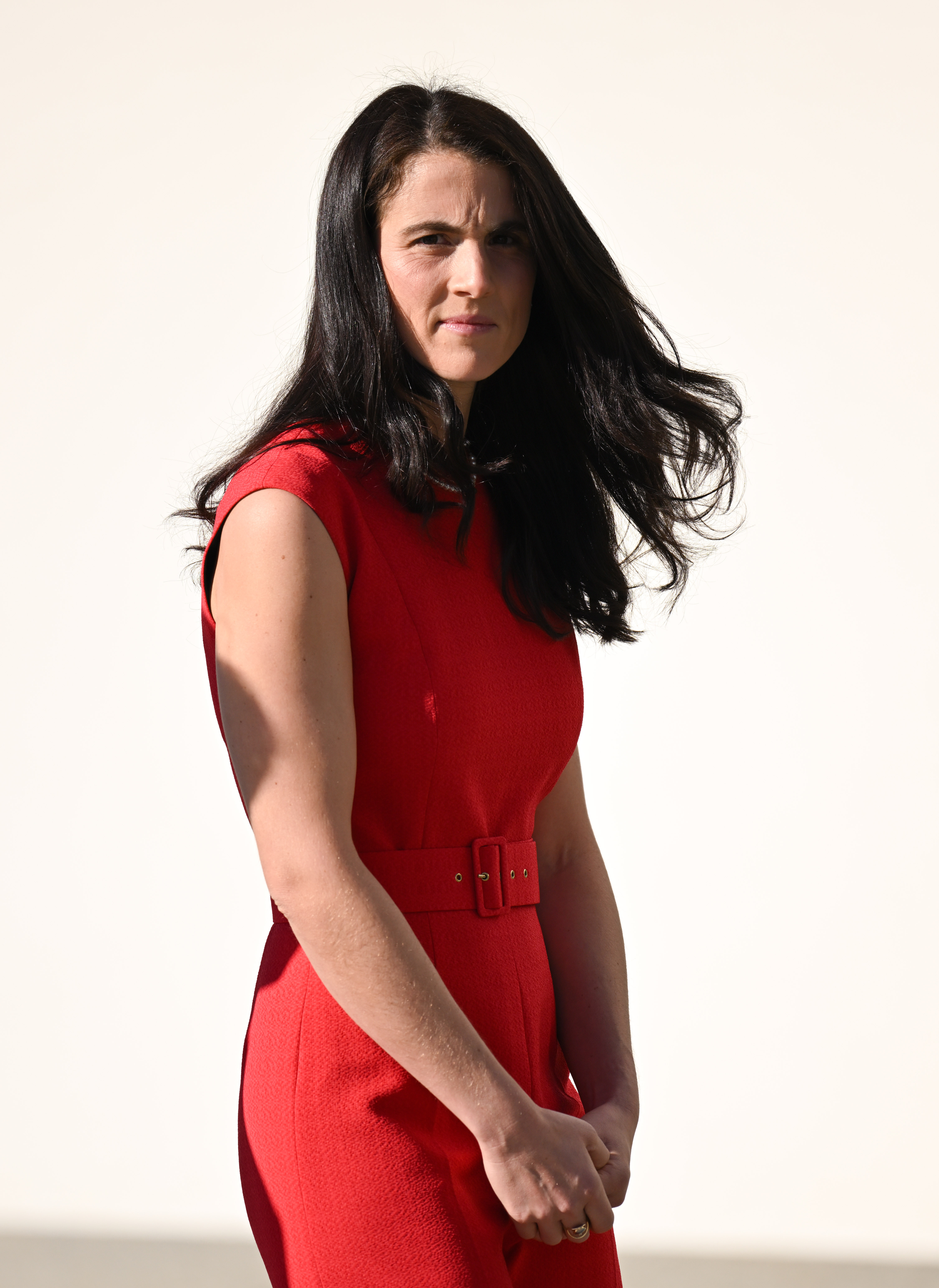
Tatiana Schlossberg. | Source: Getty Images
Her Baby Was Just Hours Old When She Was Pulled Away
As her daughter entered the world, Schlossberg's own life began to unravel. Her newborn was only a few hours old when she was taken away for emergency evaluation. The whirlwind of motherhood instantly turned into a fight for survival.
AML begins in the bone marrow and rapidly spreads to the blood, often reaching organs such as the liver, spleen, lymph nodes, and central nervous system, according to the American Cancer Society.
Advertisement
Schlossberg's young son, then two years old, visited her nearly every day during her early hospital admissions at Columbia-Presbyterian and later Memorial Sloan Kettering. The sudden, terrifying pivot from giving birth to battling for her life became her new reality.
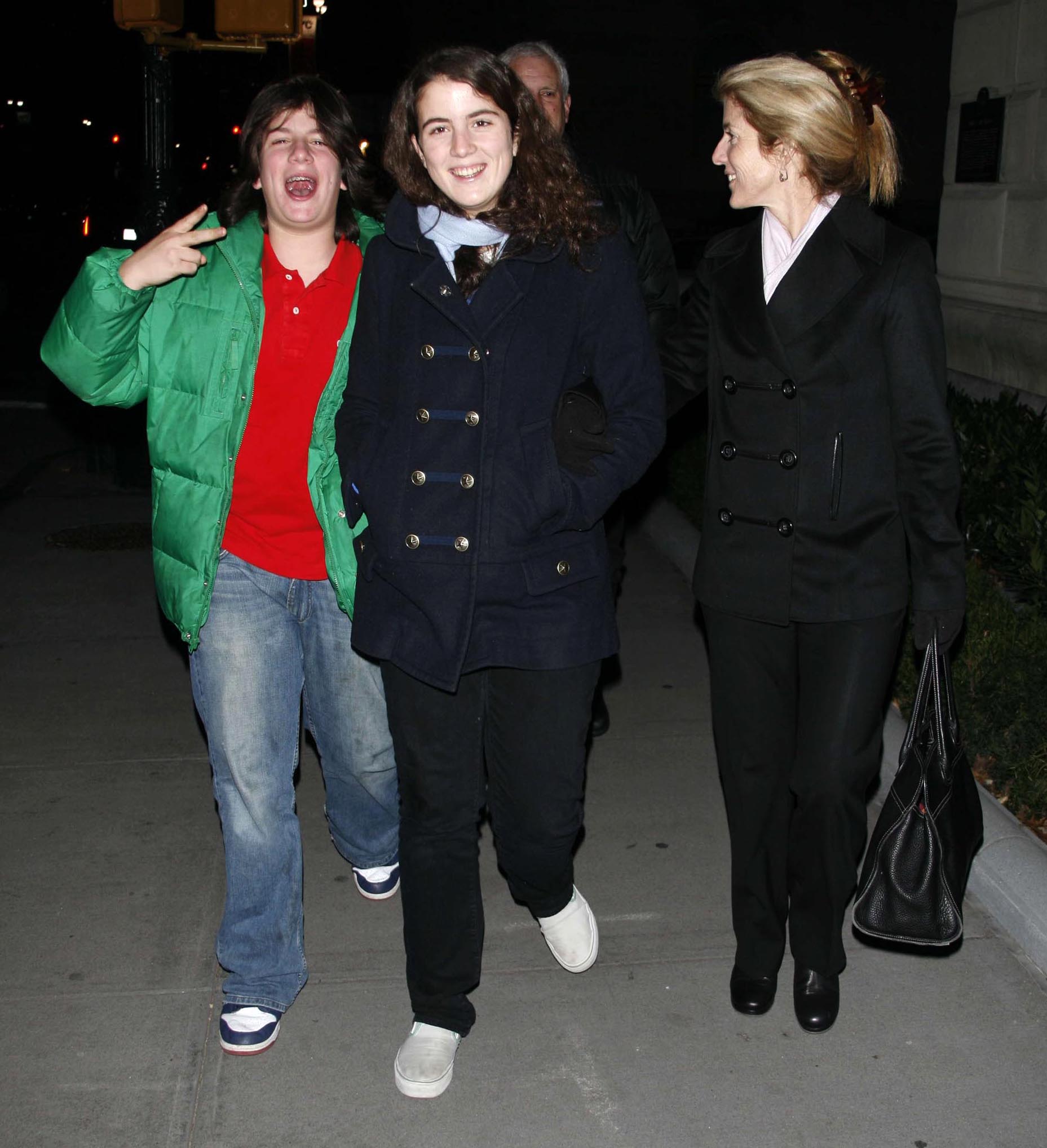
John Kennedy Schlossberg, Tatiana Kennedy Schlossberg and Caroline Kennedy Schlossberg in New York City on December 10, 2006. | Source: Getty Images
Unrelenting Treatments and Excruciating Side Effects
Over the last year, Schlossberg has undergone high-dose chemotherapy, two bone marrow transplants, a CAR-T immunotherapy clinical trial, and has faced lung and liver complications, along with repeated hospitalizations.
"After a few days, I couldn't speak or swallow because of sores in my mouth; food turned to dust on my tongue," she wrote, capturing the sheer brutality of the treatments that ravaged her once-healthy body.
Advertisement
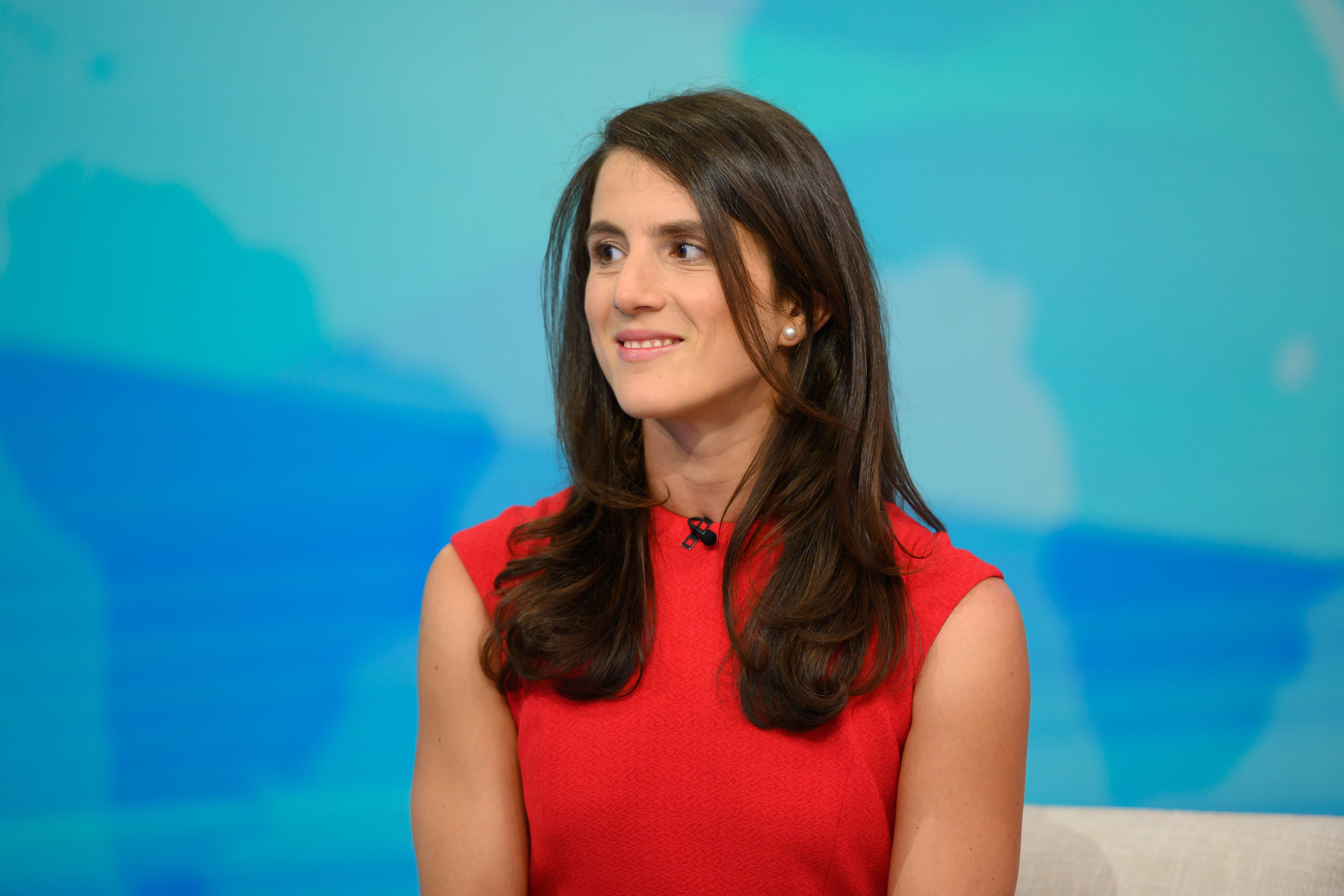
Tatiana Schlossberg on the "Today" show on August 27, 2019. | Source: Getty Images
Despite the extreme medical intervention, her cancer repeatedly relapsed. In fall 2025, following another hospitalization and a near-fatal viral complication, her doctor told her the disease could be held off for about a year — maybe.
Trying to Stay Present for the Children Who May Not Remember Her
As the mother of two little kids, Schlossberg's reflections are steeped in love, grief, and an aching awareness of what lies ahead. She writes openly about her memories and the legacy she wants to leave behind — especially for her baby daughter, who may never remember her at all.
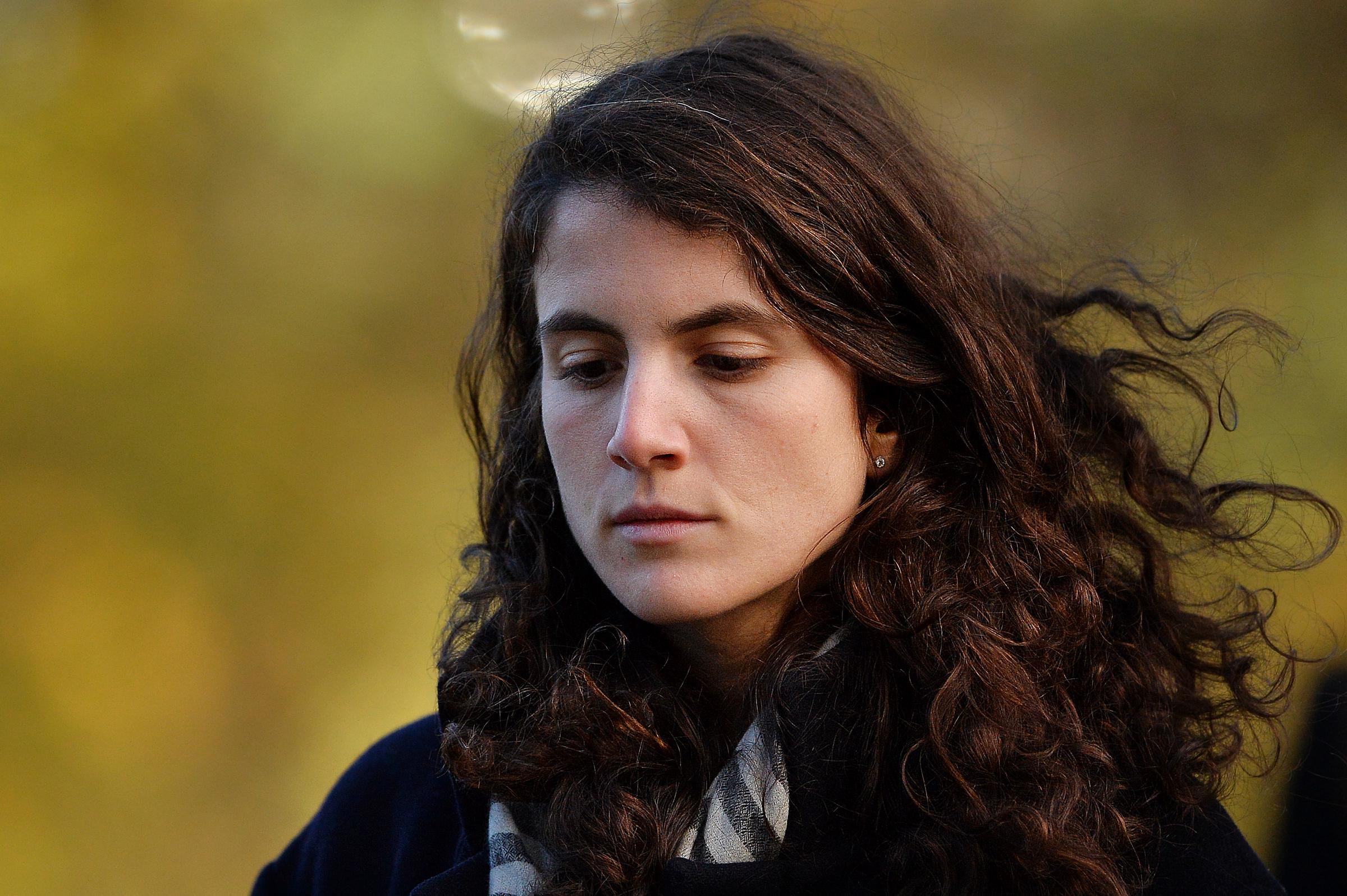
Tatiana Schlossberg attends a memorial service in Runnymede, Surrey on November 22, 2013. | Source: Getty Images
Advertisement
"Maybe my brain is replaying my life now because I have a terminal diagnosis, and all these memories will be lost," she wrote. "Maybe it's because I don't have much time to make new ones, and some part of me is sifting through the sands." Her essay is filled with gratitude for her caregivers, devotion to her children, and raw honesty about the cruelty of time running out.
A Family Marked by Tragedy and Resilience
Schlossberg's diagnosis echoes the family's tragic history. Her grandmother, Jacqueline Kennedy Onassis, died from non-Hodgkin's lymphoma in 1994.
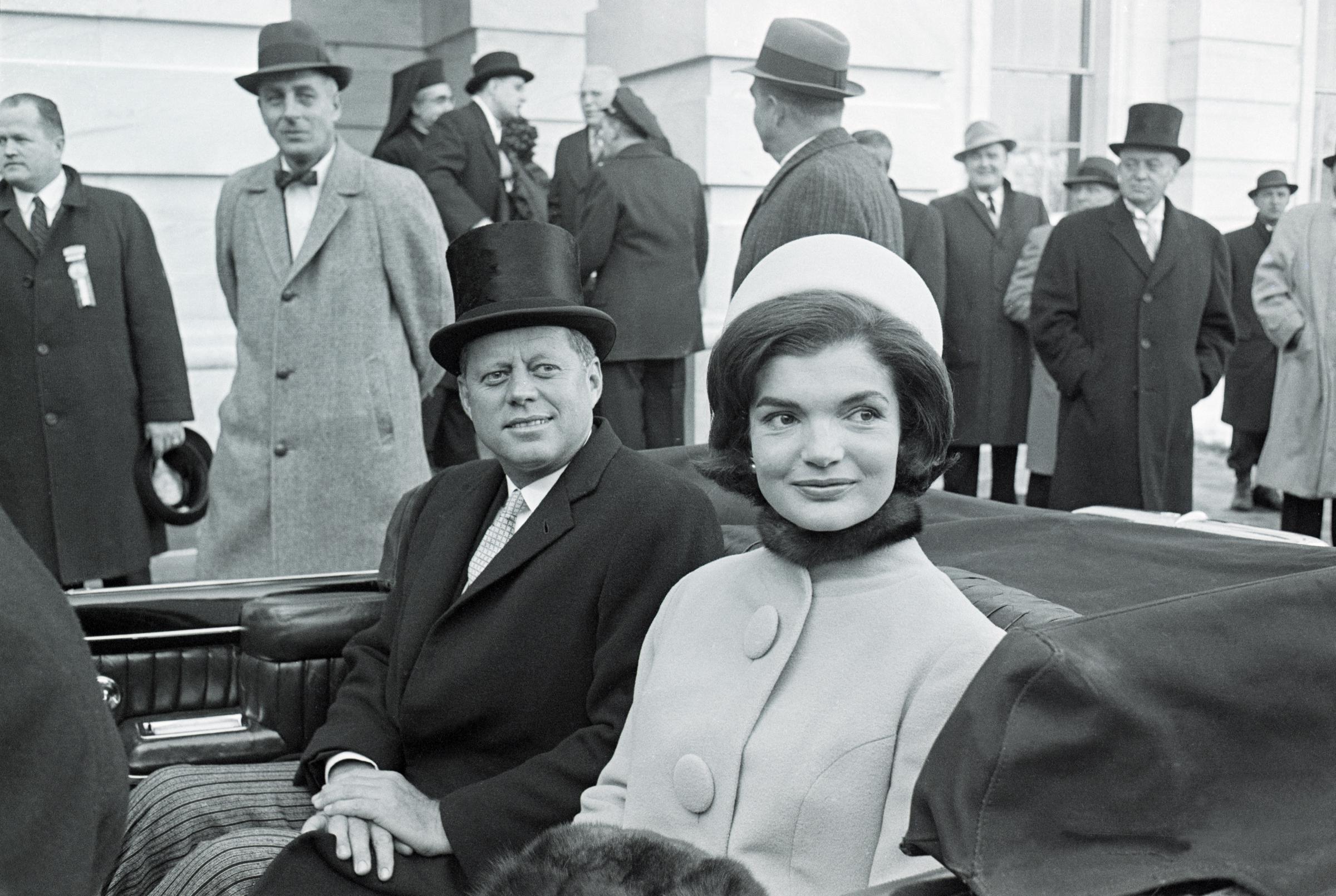
John F. Kennedy and his wife Jacqueline Kennedy Onassis depart the Capitol by car shortly after his inauguration on January 20, 1961. | Source: Getty Images
Schlossberg married her husband in 2017 at her family's Martha's Vineyard home after the pair met at Yale. Moran, now a doctor, has been the steady force carrying her through the chaos — managing her medical care, sleeping on hospital floors, and shuttling home each night to tuck in their children before returning to her side.
Advertisement
In her writing, she reflects on how deeply she has leaned on him through every stage of her illness, and how the life they were building together now feels painfully out of reach.
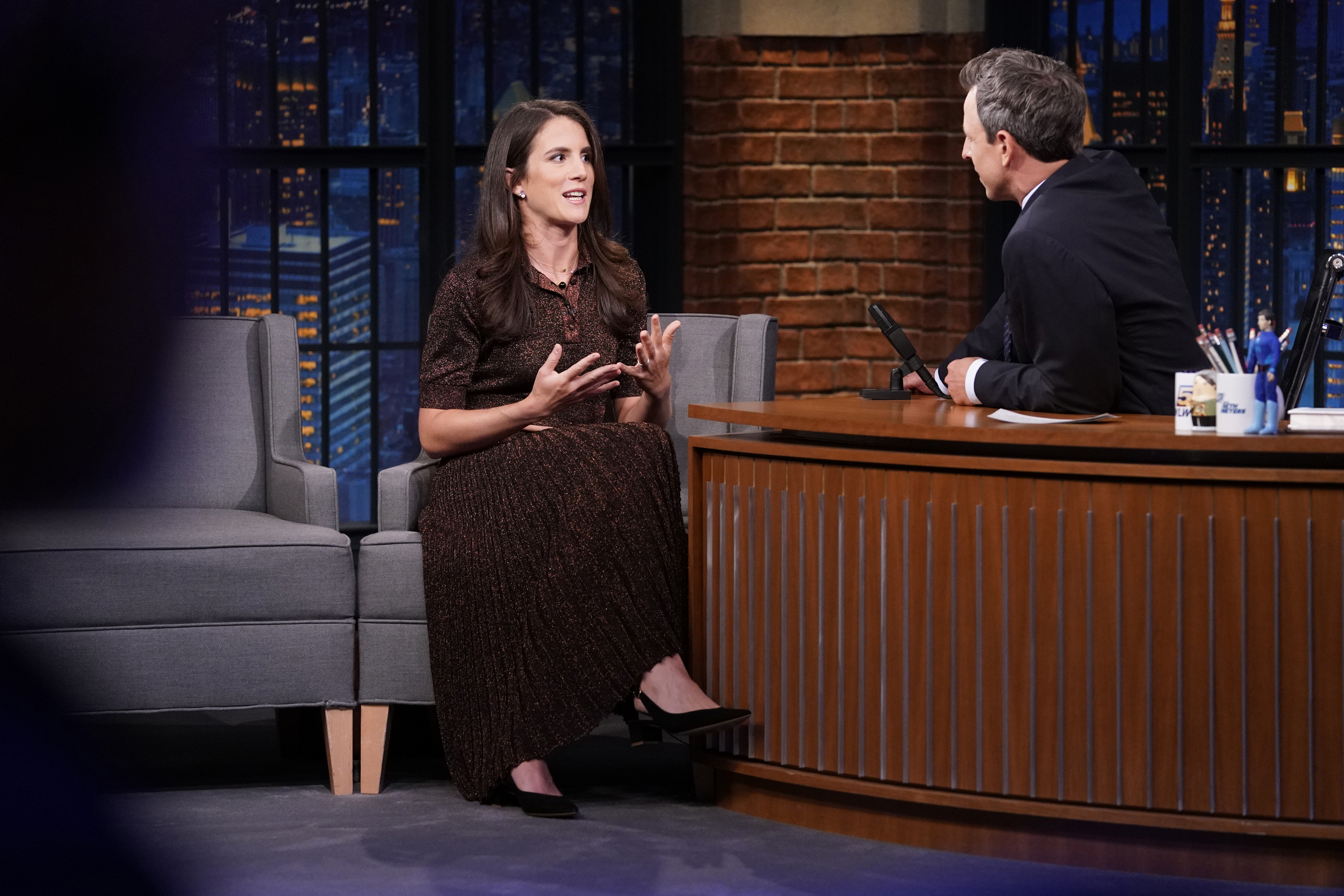
Tatiana Schlossberg during an interview with "Late Night" show host Seth Meyers on September 3, 2019. | Source: Getty Images
A Political Undercurrent and the Fear of Lost Time
As the author fights for her life, she also faces unease about the future of medicine itself. Adding another complication to her story, her cousin, Robert F. Kennedy Jr., was appointed to head the Department of Health and Human Services, despite a well-known history of questioning vaccines.
Schlossberg expressed concern that cuts to federal medical research could endanger future access to treatments like the one sustaining her.
Advertisement
Even now, with her disease continuing to recur, she remains under the care of a transplant team, determined to create what memories she can for her children — especially the daughter she barely had a chance to hold before the hospital swept her away.
As her illness continues to alter the course of her days, Schlossberg turns her attention to what still feels solid — the honesty of naming what she's facing, the comfort of familiar routines, and the people who have carried her through the hardest months of her life.
Advertisement
Advertisement
The information in this article is not intended or implied to be a substitute for professional medical advice, diagnosis or treatment. All content, including text, and images contained on anArtistWorld.com, or available through anArtistWorld.com is for general information purposes only. anArtistWorld.com does not take responsibility for any action taken as a result of reading this article. Before undertaking any course of treatment please consult with your healthcare provider.